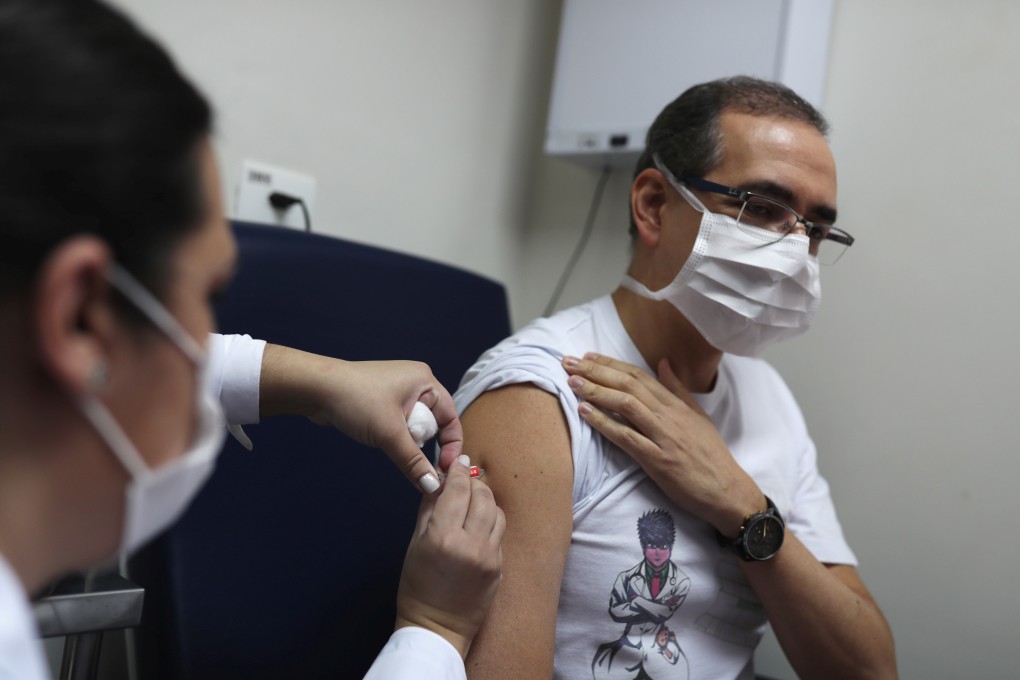The big test for Beijing: will Hongkongers accept a made-in-China coronavirus vaccine?
- For the city government, there is no better way of showing loyalty, trust and faith than by implementing a compulsory immunisation scheme – but will you stick your arm out?

What do Hong Kong people really think of China? Let’s imagine a time, perhaps not that far away, when mainland scientists claim to have created a safe and effective Covid-19 vaccine. Beijing, in a show of goodwill, donates a shot for every resident. Local authorities are grateful, seeing a way to put the crisis behind them; they mandate that everyone has to be injected.
At least six other teams around the world are known to be in the third and final stage of trials. The idea that China is in the forefront is not far-fetched given its list of impressive scientific and technological achievements and its involvement in the search.
So, let’s assume the best-case scenario and the billions of necessary doses are produced in a matter of months and quickly shipped. If there is a choice of vaccines and Chinese leaders make a nationalist gesture, the Hong Kong government has only one way to turn.
There is no better way of showing loyalty, trust and faith in Beijing while possibly banishing Covid-19 than implementing a compulsory immunisation scheme.

06:17
‘Robust immune responses’ found in Covid-19 vaccine clinical trials point to 2021 release
But Hong Kong is famously a place that welcomes a free flow of goods. That has meant that we are used to being able to choose what we buy and the services we make use of; from experience, we know that in many fields, Chinese-made or produced is cheaper, but not necessarily of the best quality.
